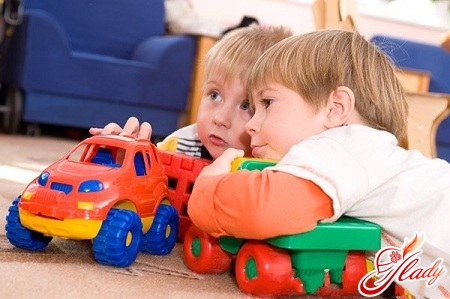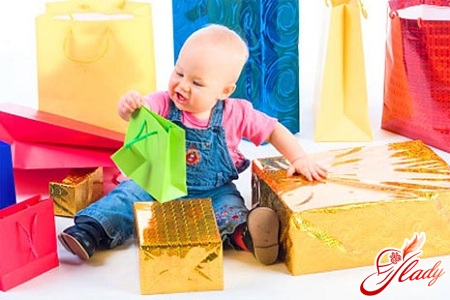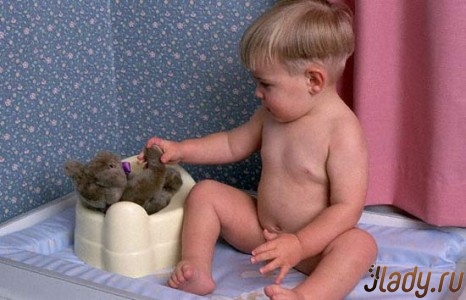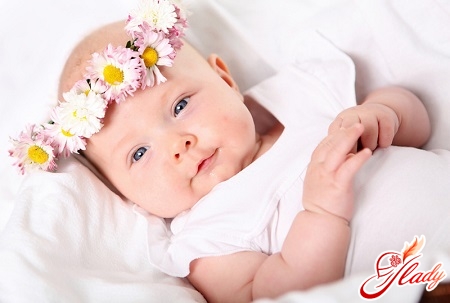 All parents watch the development with affectionyour baby. And sometimes not only with affection, but also with anxiety - is everything okay? What if the child's development is not going as it should? This article was written for such anxious moms and dads.
All parents watch the development with affectionyour baby. And sometimes not only with affection, but also with anxiety - is everything okay? What if the child's development is not going as it should? This article was written for such anxious moms and dads.
Psychomotor skills
The first thing doctors pay attention to whenwant to assess the general condition of the child - this is precisely on the psychophysical development of the baby. And it does not hurt parents to know the basic norms in order to sound the alarm in time. But remember - this data is very average and drawing any conclusions without consulting a doctor is unacceptable.
- Walking
At 11 months of age, most babies dotheir first steps. Although this is a very conditional time frame, since some babies by this age already walk quite confidently, and some are still afraid to let go of mommy or daddy's finger. All these are variations of the norm and should not cause concern. But even if the child does not yet walk independently, parents should closely monitor him - children at this age are extremely active and inquisitive. They will not miss the opportunity to check whether this chair will look good on the sofa, what will happen if you pull the edge of the tablecloth and whether it is possible to move with the bench. This is why children of this age so often become patients of emergency rooms.
- Fine motor skills
Fine motor skills development at 11 months is in full swing- the child is already able to pick up quite small objects, using the index finger and thumb. Curious kids try to pick out part of a rattle or take away an eye from their favorite teddy bear - be careful, they often succeed. And you know that a child at this age pulls absolutely everything without exception into his mouth.
- Nutritional behavior of crumbs
At the age of eleven months, the child is ideallyshould still be breastfed or receive formula. In addition, the child's diet should already include at least three full complementary foods - otherwise there is a risk of lagging in weight gain. At 11 months, the child is already trying to use a spoon and drink from a cup. Of course, the spoon should be a child's spoon, which is comfortable to hold in the hand. And as a cup, parents should buy a sippy cup - this will be much more convenient for the child. Moreover, if the child eats formula, it is high time to wean him off the bottle, pouring the mixture into a sippy cup.
- Hygienic skills
At 11 months, the child already knows quite clearly thatsuch soap, why do you need a comb and in general - that cleanliness is good. In addition, it is at this age that you need to accustom your child to brushing his teeth. Just do not skimp on toothpaste and a brush - they must be of high quality. Of course, at first the child cannot do without your help, but very soon the baby will learn to hold a comb in his hands and will understand that dirty hands need to be washed or at least shaken off. Indicators of physical development:
- The kid is trying to go in a certain direction.
- The child easily climbs on low objects.
- Kroha is sitting very confidently.
- The child is trying to use a spoon.
- The child easily grabs small items.
- The child is familiar with basic hygiene skills.
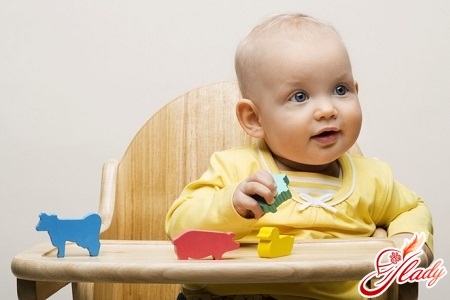
Cognitive development of the child
As your child grows,his interest in the world around him increases. Firstly, the child's development does not stand still and he begins to understand much more, and secondly, the boundaries of the child's external world are constantly expanding, not being limited, as before, to the crib and stroller.
- Interest in the world around us
The 11 month old baby is closely watching everyoneobjects and phenomena unknown to him - be it an airplane in the sky, a butterfly on a flower or a fire engine. That is why walks with the baby are simply necessary for his harmonious development. But do not lose vigilance - the child is extremely impressionable, and therefore very easily gets scared - a signal of transport, a clap of thunder, a strong wind. Try to protect the child from shocks, and if this does not work, immediately calm the baby down.
- Orientation in space
At 11 months, the child's development progressesso much so that the baby begins to navigate in space. Of course, he will not yet find the way from the playground to the house, but from the bathroom to the kitchen - no problem. In addition, the baby begins to actively explore the apartment - cabinets, chests of drawers, drawers - nothing escapes the attention of the baby. By the way, it is at this age that many parents have lost a child at least once in their own apartment. The prankster will hide under the bed, or even fall asleep in the closet.
- Subject actions
The eleven-month-old baby is not only throwing things aroundtoys, but also begins to try to put them in one place. Begins to come up with options for the non-targeted use of various objects - for example, he will turn a box into his shelter, and an overturned chair - into a storage for toys. And the child's games themselves become different, more conscious. For example, the child rolls the ball in the direction he needs, can roll a doll in a stroller or rock it in his arms, imitating his mother. Finding a lost toy is no longer a problem for the child - he methodically explores all the corners of the apartment, although most often he quickly remembers where he played with this toy last time. Indicators of cognitive development
- The child consciously plays with toys.
- The kid puts one object in the other and takes it out.
- The child throws things and tries to fold them back.
- The crumb shows interest in unfamiliar phenomena and objects.
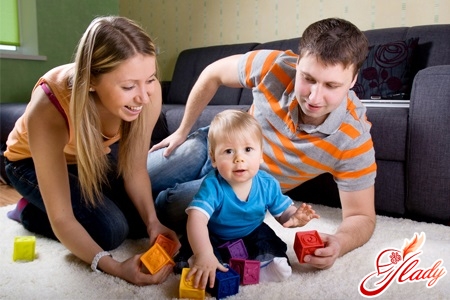
Socio-emotional development
The child's cognitive development entails the development of social skills and the emergence of new emotions.
- Acquaintance with society
At about 11 months, the baby beginssocialize in society. Firstly, the baby stops being afraid of strangers, looks at them with interest and reacts to being addressed. Although, of course, a lot depends on the character of the individual child - some of them hide behind their mother when they see a stranger even at the age of five.
- Emotions
Active development also affects the emotionalside - until recently, the baby expressed emotions only by laughing or crying. Now parents can observe a whole range - from surprise to irritation. Speaking of parents - the child begins to demonstrate his affection for them more and more actively. The approval of his loved ones is very important for the child - parents should praise him more often.
- Acquaintance with the body
As development progresseschild, a conscious interest in his body appears - ears, nose, heels, genitals. Many parents are frightened by such interest in the genitals and begin to pull the child up. However, this is a gross mistake, since you make it clear to the baby that the genitals are shameful and forbidden. Do not pay any attention and very soon the baby, having carefully studied everything that interests him, will devote exactly as much time to the genitals as, for example, to the ear. Indicators of social development
- The child can quite find an independent occupation. Of course, not for long.
- The child closely observes the behavior of adults, copies it.
- Kroha reacts to the appeal to him, allocates pleasant adults.
- The kid is exploring his body.
Speech development of the child
At this age, your baby beginsactive speech development. Remember that it largely depends on you - try to talk to your child as often as possible, read books to him. All this helps to expand the baby's vocabulary - both passive and active.
- Sound Proof
Just recently the child was only babbling, in hisvocabulary was only a few syllables. Now many new sounds appear, and the old ones become more and more distinct. The first monosyllabic words appear - "ba", "ma", "na". However, the speech development of a child is so individual that sometimes you are amazed. There are children who at 11 months are using two-syllable words with all their might, and they have quite a lot of these words in their vocabulary. Other babies can communicate even at one and a half years exclusively with individual sounds and gestures. As you can see, the development of a 1-month-old child is in full swing. But if suddenly the development of your child does not coincide with the above norms, do not panic - each child is individual. Of course, it is very, very difficult to suppress parental anxiety, but panic is far from the best assistant. Moreover, in most cases there is no reason to worry at all - either you just don't notice something, or your child is just a little different from other children. But you should never let the situation slide. If something alarms you, ask your pediatrician for help. He will examine the child and confirm or refute your concerns. And if necessary, he will refer your child for consultation to narrow specialists - a neurologist or psychologist. We recommend reading:




